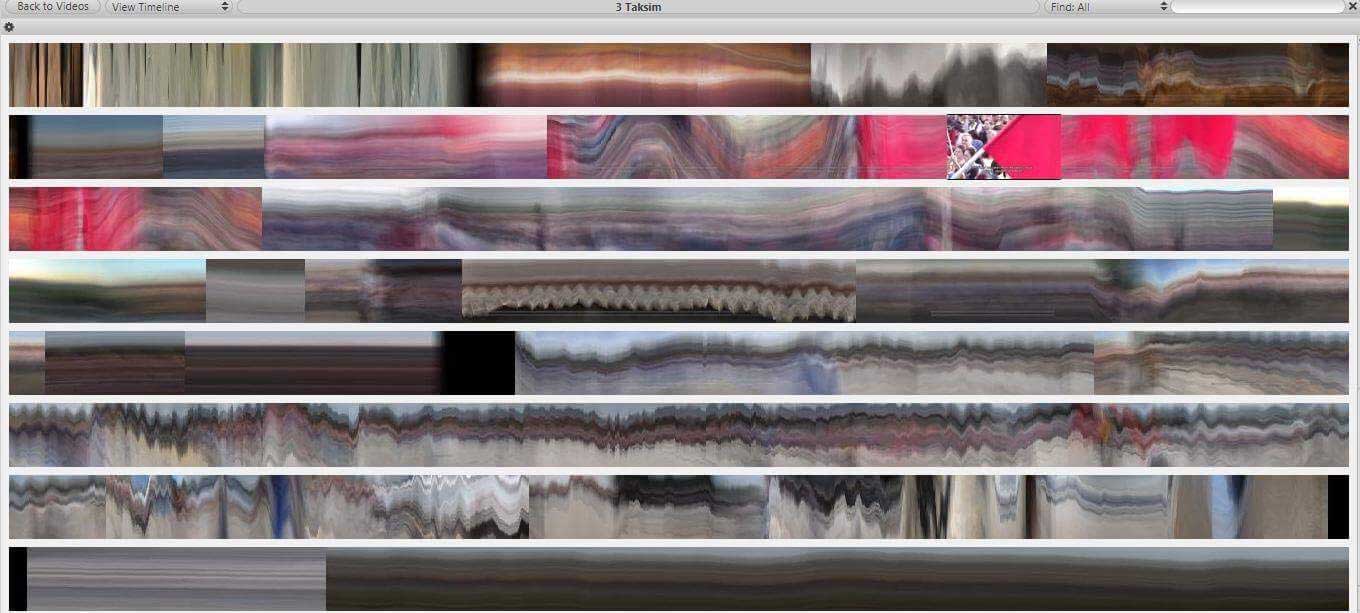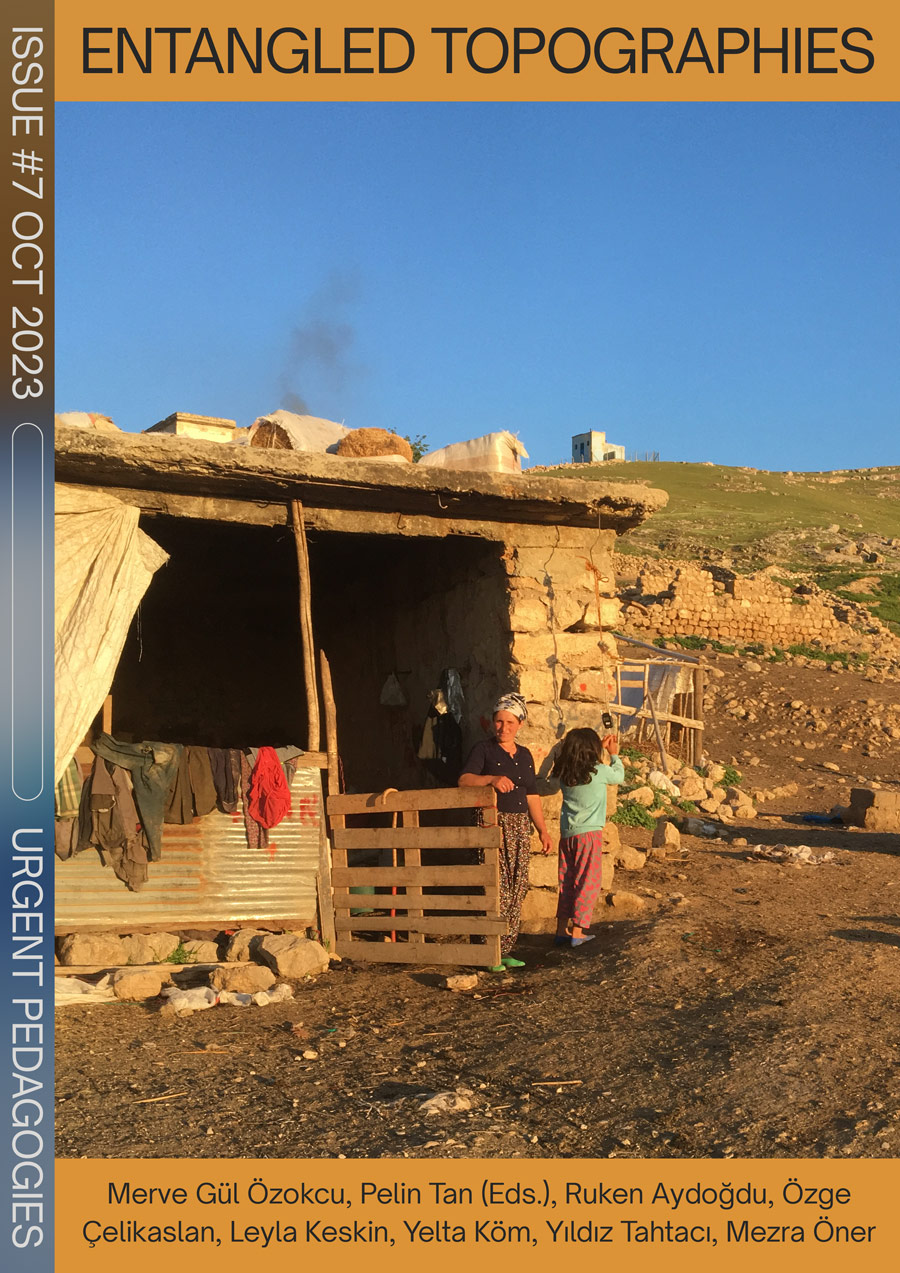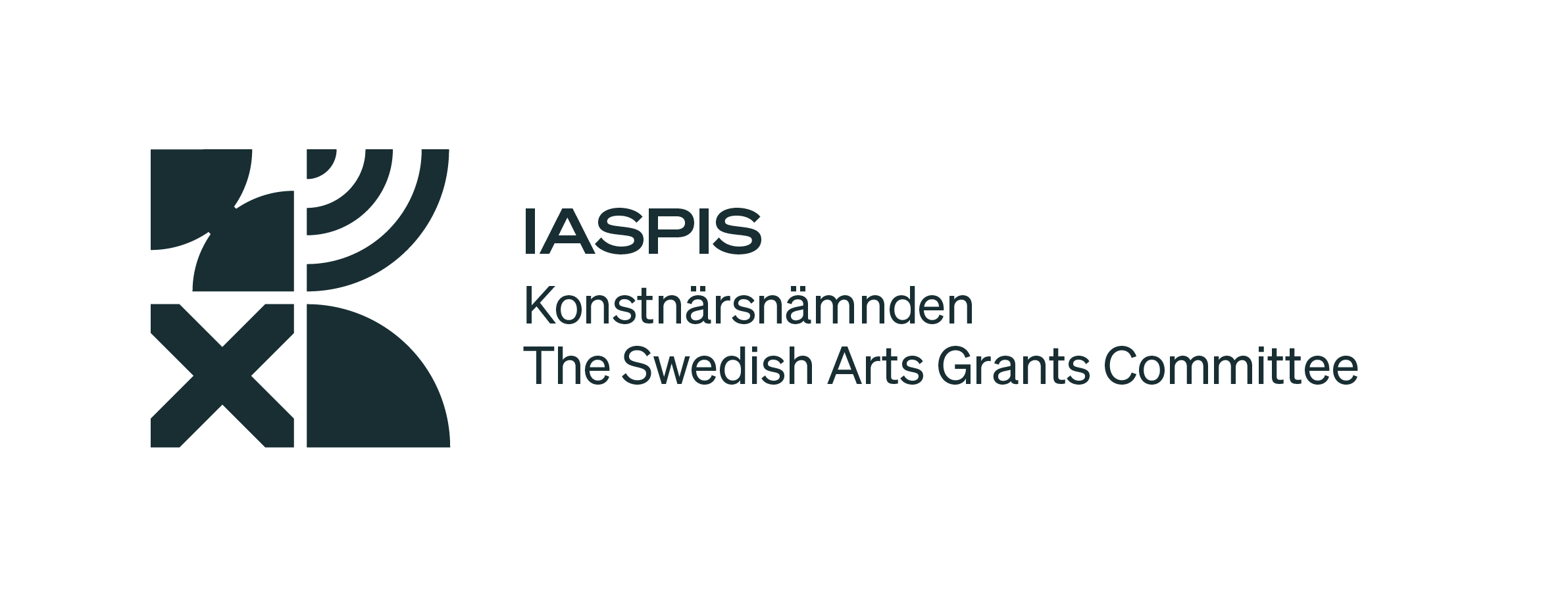Re-imagining the Archival Commons
Özge Çelikaslan
CATEGORY
“The difficult conditions experienced put archives and their actors in a fragile, weak, and vulnerable position prone to damage, disappearance, and loss, and urgently impelling the identification and search for coping mechanisms.”
The numbers of activist archives, archives of dissent, and marginalized and silenced communities have seen a massive global increase. Clearly, there is a high demand for non-institutional, autonomous, and solidary networks that connect the archives of the commons via online or physical meetings, assemblies, and workshops. These solidary networks will definitely empower these practices, provide solutions to their problems, and ensure the maintenance of the archival work. For Pad.ma, for example, the possibility of creating alliances could mean a recasting of the archival impulse for text and image of major and minor institutions, filmmakers, writers, and computers, and online and offline practices that are against not only the dissipation and loss but also the enclosure and privatization of archives [1]. The difficult conditions experienced put archives and their actors in a fragile, weak, and vulnerable position prone to damage, disappearance, and loss and urgently impelling the identification and search for coping mechanisms.
Re-imagining the archival commons means to contemplate new archival methodologies and collectively considering the common needs of societies and the environment. Global injustices, the ecological crisis, pandemic, mass migrations, and continuing wars compel humans to think about what we need to do, how to redesign public life, everyday relations, our habits, and our institutions – in short, all our practices. Longstanding global awareness campaigns by activists focusing on the disasters of the Anthropocene compel this profound rethink against the backsliding of interested parties.
The pandemic as a consequence of ongoing ecological disaster highlights the importance of understanding human factors in extinction. Franco Bifo Berardi [2] sees this era as a new horizon that is slowly being discovered during the pandemic threshold as “extinction.” This term, which has been historically absent from the political lexicon, now takes center stage in the social imagination. Bifo’s hypothesis includes imagining what is about to come, possible lives, and futures within the horizon of extinction:
…we face two political alternatives: either a techno-totalitarian system that will relaunch the capitalist economy by means of violence or the liberation of human activity from capitalist abstraction and the creation of a molecular society based on usefulness.[3]
Both of these possibilities, according to Bifo, are still feasible even though the situation is dark [4]. The space for alternative possibilities is not to be found in some distant future but right here and now: “the present constitution of the world contains many different (conflicting) possibilities” [5]. The futurability is a layer of possibility that may or may not develop into actuality, where power is the selection and enforcement of one possibility among many and simultaneously the exclusion (and invisibilisation) of many other possibilities to be found in the present (ibid., 1, 2).
Archiving as a cross-disciplinary field is also affected by this new horizon that embraces ecological shift and extinction, socio-spatial and digital transformation, and techno-politics and data surveillance. Given the futuristic pessimism, human vulnerabilities, and uncertainty of digital technologies, re-imagining the archive is a possibility that entails new methods. Today’s archives are complex infrastructures with messy entanglements, including their digital and material objects, classificatory orders, spatial and temporal constellations, and limitations. Thus, forms of contemporary archiving require the knowledge and experience of other disciplines to create new methods. For example, scientific and technological developments in digitisation offer new possibilities to develop archiving and to maintain materials that enable interactions and integration with other spheres of life – and vice versa.
Pertinently, contemporary archives deal with ecological shifts and extinction of species and life forms and awaken us to a network of relationality. This implies an archive of the Anthropocene. The Anthropocene archive is compelled to engage with the Anthropocene world’s shifting materialities [6]. The phase transitions in the world are already being documented via maps and data sets that include retreating coastlines and threatened species. The Anthropocene archive thus documents the phase shifts of living entities, communities, and lands as a critical reflection on the climatic, geophysical, and socioeconomic forces that have given rise not only to a transformed Earth but also to the archive documenting its condition. Mattern (ibid.) argues that the Anthropocene archive would benefit from further embracing and acknowledging planetary shifts in its content, structure, and context and regarding itself as a ‘living’ collection transformed by the planet’s own phase shifts:
… shifts manifested in flash floods and slow violences, in redlined maps and climate models, in wilting leaves, melting icebergs, and seeds that store the history of civilizations (ibid.).

Excerpt from screenshot of the video files on bak.ma, timeline view, 2022.
Reimagining the Archival Commons is part of Urgent Pedagogies Issue#7: Entangled Topographies
1.
Pad.ma (Public Access Digital Media Archive) 2010. “10 Thesis on the Archive” https://pad.ma/documents/OH. Accessed on 8.4.2022.
2.
Berardi (Bifo) F., 2020a. “Extinction, Rebellion, Happiness” https://illwill.com/extinction-rebellion-happiness. Accessed on 8.4.2022.
3.
Berardi (Bifo), F. 2020b. “Beyond the Breakdown: Three Meditations on a Possible Aftermath”
4.
Lovink, G. and Berardi (Bifo), F., 2019. Conversation on Futurability. MaHKUscript. Journal of Fine Art Research, 3(1), p.1. DOI: http://doi.org/10.5334/mjfar.48
5.
Berardi ‘Bifo’, F., 2017. Futurability: The Age of Impotence and the Horizon of Possibility. Verso Books.
6.
Mattern, S., 2021 “Archival Phase Shifts”
https://www.anthropocene-curriculum.org/contribution/archival-phase-shifts Accessed on 8.4.2022.
is a practitioner-researcher specialising in collaborative media production, participatory audiovisual research methodologies, audiovisual heritage of social movements, and media historiography. She has been involved in projects that foster collective filmmaking, visual ethnography of local and urban transformation, political conflicts in border zones, and autonomous trans-media. She is co-founder of the digital media archive of social movements bak.ma that emerged in the Gezi Park protests (2013). She is co-editor of the books; Surplus of Istanbul (2014, free pub.) and ‘Autonomous Archiving’ (dpr-barcelona 2016, 2020), and she has contributed to publications on film, video, activism, and archiving.
Excerpt from screenshot of the video files on bak.ma, timeline view, 2022.

